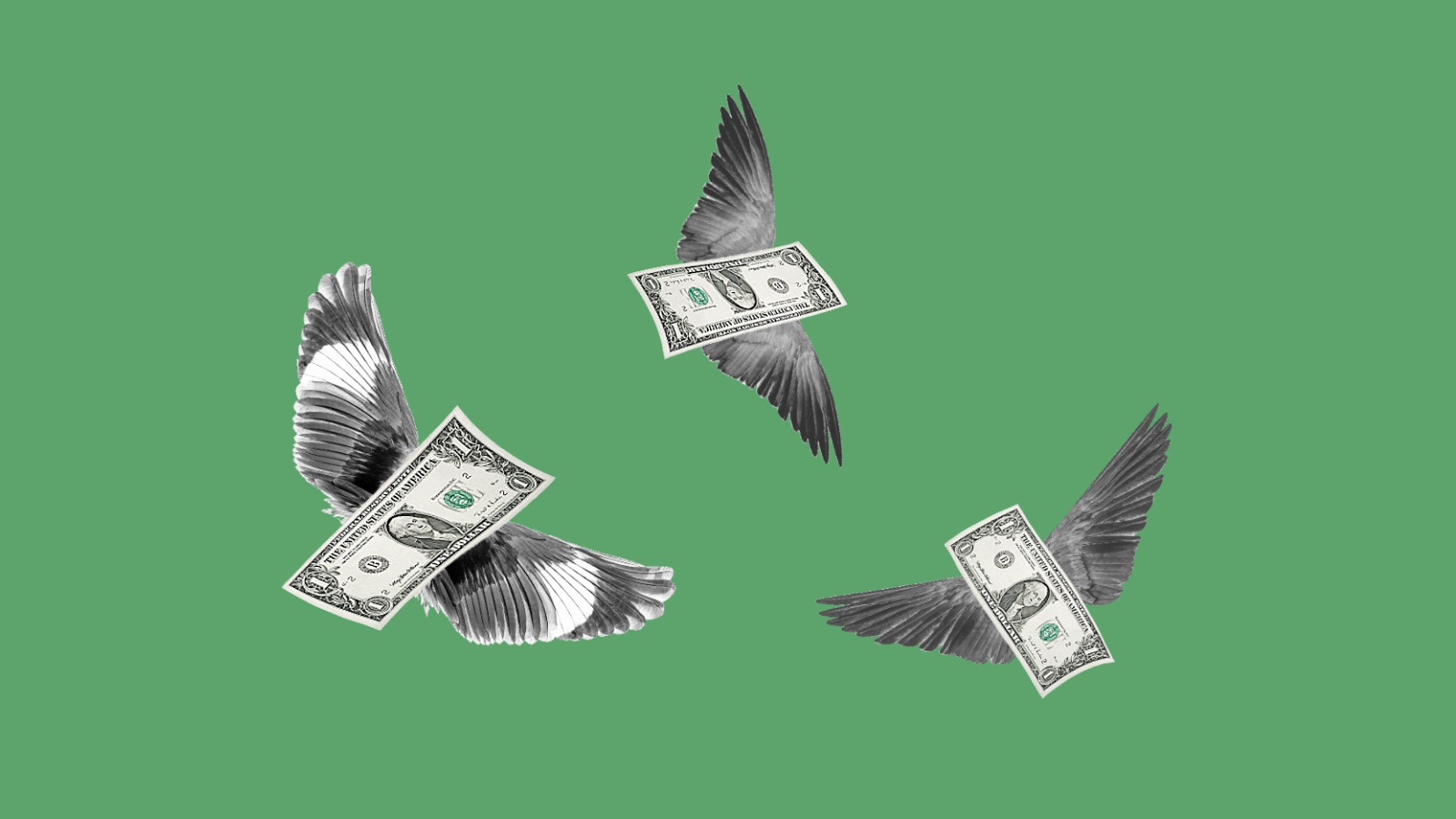Is procrastination an emotional coping mechanism? Yes, say researchers.

Photo credit: Shutterstock
Procrastination is more than simply spending time on Facebook before starting your work duties. At a foundational, psychological level, putting off your responsibilities for what seems like innocent short-term pleasure is a powerful emotional coping mechanism, says Dr. Tim Pychyl, professor of psychology at Carleton University in Ottawa, Canada.
“Psychologists see procrastination as a misplaced coping mechanism, as an emotion-focused coping strategy. [People who procrastinate are] using avoidance to cope with emotions, and many of them are non-conscious emotions. So we see it as giving in to feel good. And it’s related to a lack of self-regulation skills. … We all have a six-year-old running the ship. And the six-year-old is saying, ‘I don’t want to! I don’t feel like it!'”
The same mental processes that keep us from smaller duties — washing dishes after we finish eating or saving emails when we could respond to them now — also delay long-term goals like saving for retirement or beginning to eat a healthier diet. It’s estimated that 5 percent of Americans procrastinate in ways that seriously affect their quality of life.
We all want to beat procrastination, but feel we have a limited amount of willpower to do so. Big Think expert Dan Ariely recommends rewarding yourself after you complete specific tasks:
Procrastination happens when we put our present self ahead of our future self, prioritizing immediate pleasure over expected long-term gain. Ultimately, overcoming procrastination may require confronting yourself and specifying your future goals. (Do you really like your job? Could you push yourself to do something better?)
Pychyl also recommends breaking tasks down into smaller parts and then beginning work on one or two of those parts a little earlier than you normally would. Beating procrastination also requires intention, so formulate “if/then” statements in your mind like, “If the phone rings, I’m not going to answer.”
Read more at Vox.





